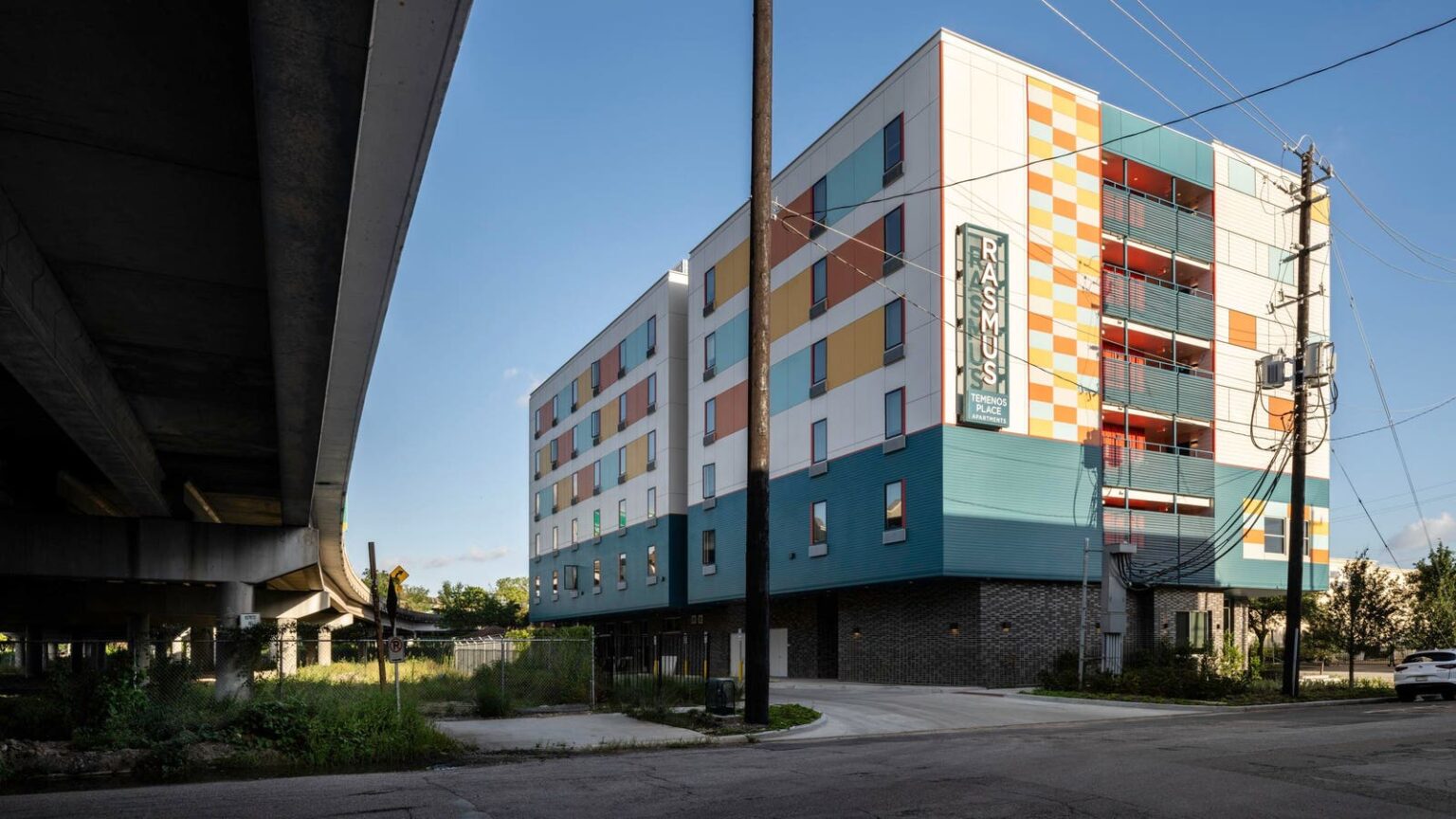The Lone Star State has a Texas-sized affordable housing crisis on its hands. The state stands some 306,000 units short of affordable housing goals, a shortfall looming as one of the largest in the nation. That’s the estimate from Up For Growth, a national, cross-sector member network whose mission is solving the nation’s affordability crisis via data-driven research and evidence-based policy. The organization estimates that among the 50 states, only California’s shortfall of 881,000 units is larger.
Numbers from the National Low-Income Housing Coalition give further credence to the extent of the problem. Along with California, Oregon, Washington, Nevada, Utah, Arizona, Colorado and Florida, Texas is among nine states with 30 or fewer affordable and available rental homes per 100 extremely low-income renter households. There are about 888,000 extremely low-income renter households in Texas, and more than four in five (81%) of these households confront severe cost burdens.
These stark facts should not suggest Texans are shying away from tackling the issue. The size of the Texas affordability problem has captured the rapt attention of a wide array of entities, from architectural firms to nonprofit low-income housing developers, development consultant firms and others.
Efficient space
Austin’s Forge Craft Architecture + Design, focusing on multifamily affordable and market-rate housing, teams with mission-driven organizations to generate sustainable, resilient, socially impactful solutions. Among its recent efforts is Rasmus-Temenos in Houston, developed in conjunction with NHP Foundation and Temenos Community Development Corporation. A 95-unit supportive housing community near the city’s downtown district, it is situated on less than one-third of an acre, and its space-efficient design features a ground floor layout with square footage for offices, resident common areas and permanent supportive services for those transitioning from homelessness.
Completed in 2023, Zilker Studios represents another Forge Craft-designed project, this one in Austin. Located in the lively South Lamar enclave, Zilker Studios also showcases its designer’s flair for space efficiency. Forge Craft designed the development on a ½-acre site featuring two heritage live oaks that were preserved by connecting open spaces encircling both trees with communal environments where residents can gather. The exceptionally energy-efficient and cost-optimized housing development offers 110 housing units for single adults. Zilker Studios’ namesake is nearby Zilker Park, site of Austin events South By Southwest, Austin City Limits and Holiday Trail of Lights.
Low design
LowDO (Low Design Office) is a transatlantic architectural and design studio based in Austin and Tema, Ghana. The firm’s philosophy calls for generating more from less, and it focuses on buildings’ construction content and technology, regarding architecture as a component of a dynamic ecosystem.
The LowDO doctrine holds that transformative innovation in creative fields is most often the result of the creator being compelled to surmount the hurdle of limited means and resources to deliver meaning in the creation.
The firm’s Mishpocha Woods Eco-Compound in Austin delivers a fresh approach to designing, building and creating affordable housing by using a profoundly collaborative strategy. Located near downtown Austin, the development features five adaptable, fire-resistant residences incorporating flourishing gardens, stormwater management and a common adherence to community and environmental stewardship.
Another Austin-headquartered company, Capital A Housing, is a development consultant focused on providing affordable housing in the state capital. It has as its mission ensuring families of any income level can become homeowners within the city limits. With a motto and mission of “Development for Good,” Capital A Housing endeavors to mix public and private funding, subsidies, tax abatements and a fight for affordability at the policy level to help establish complete, well-designed communities.
If a dent is to be made in the Lone Star State’s affordability crisis, these organizations, along with others like Foundation Communities, NHP Foundation, Industry ATX and many others, will likely lead the way to ensuring more affordable and workforce housing units deep in the heart — and elsewhere — in Texas.
Read the full article here

